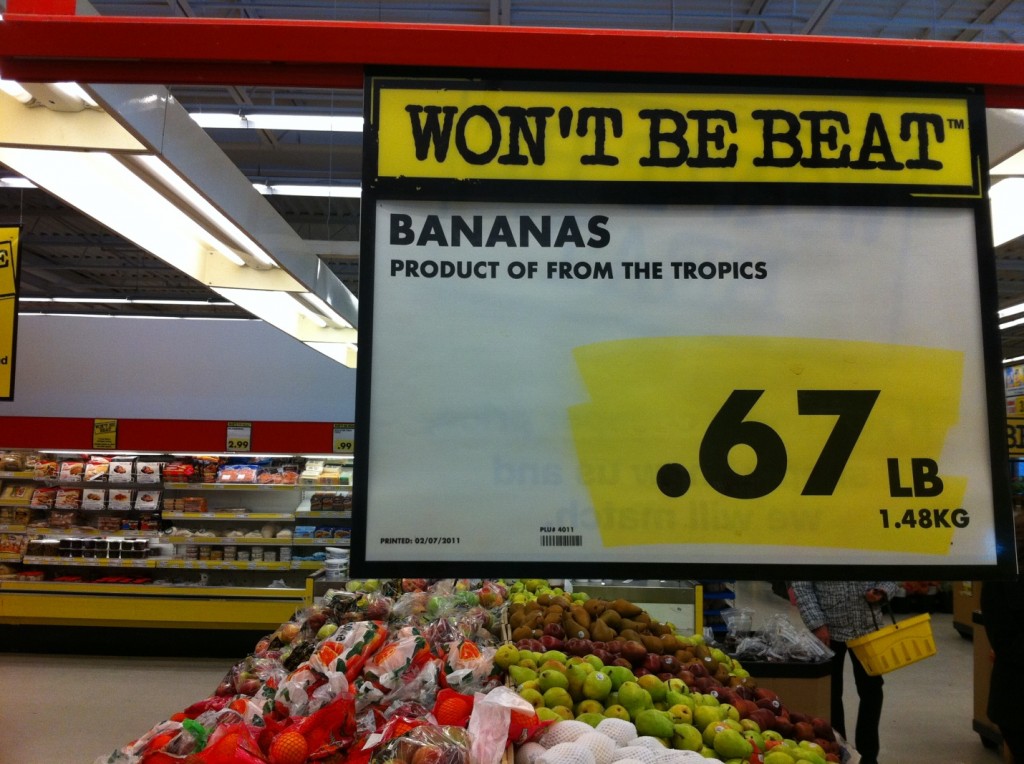Oliver Noble edited a fun look at the history of product placement in American film, featured at Political Remix Video. Among other tidbits, in this 6-and-a-half minute video, he reveals that:
- the first known product placement was in 1919;
- Hershey’s paid a million dollars to make Reeses Pieces a plot point in E.T. (image source);
- movies sometimes switch up the product placed for different audiences;
- and the record for the most product placements in a single film goes to Michael Bay’s Transformers with 47.
Fun stuff:
Lisa Wade, PhD is an Associate Professor at Tulane University. She is the author of American Hookup, a book about college sexual culture; a textbook about gender; and a forthcoming introductory text: Terrible Magnificent Sociology. You can follow her on Twitter and Instagram.







